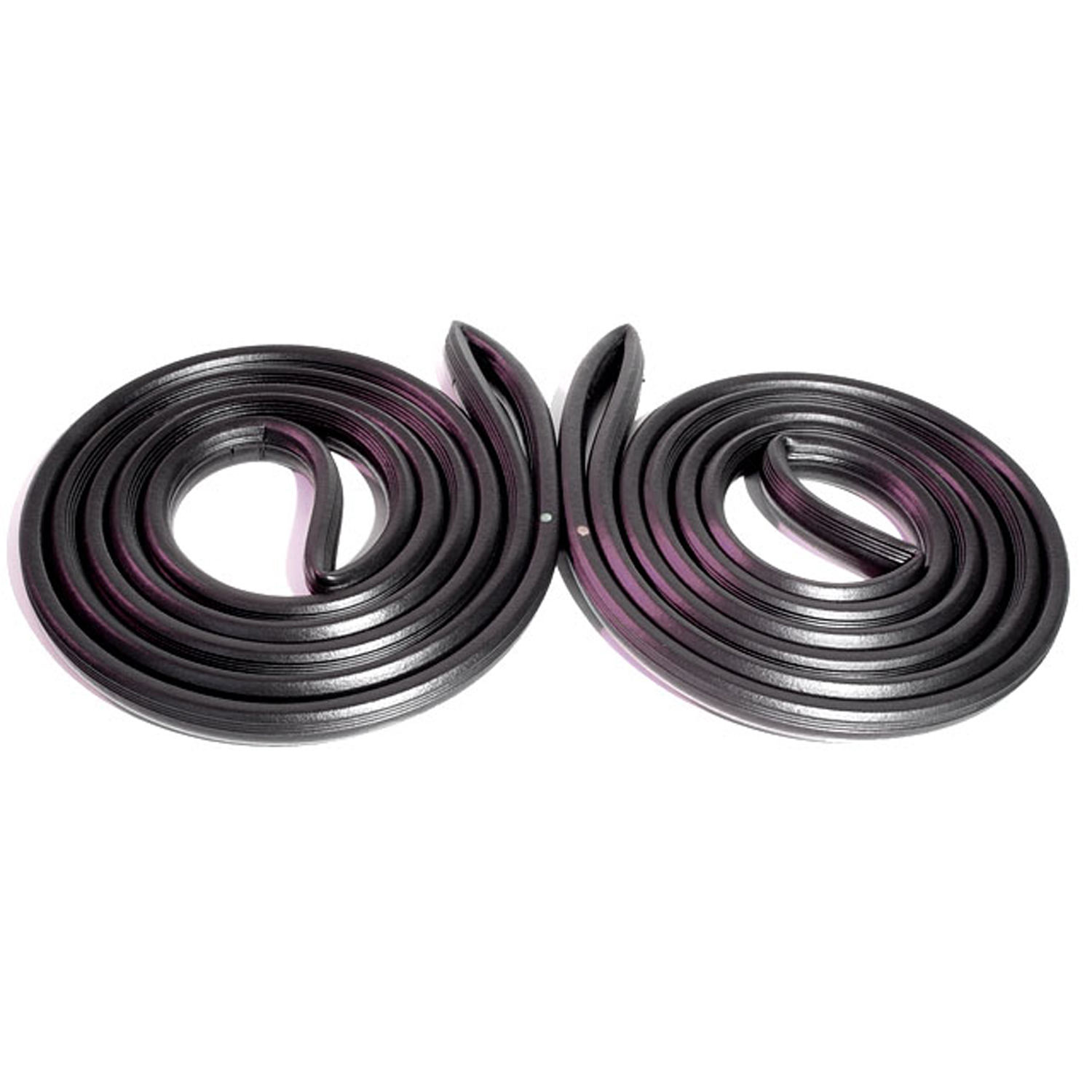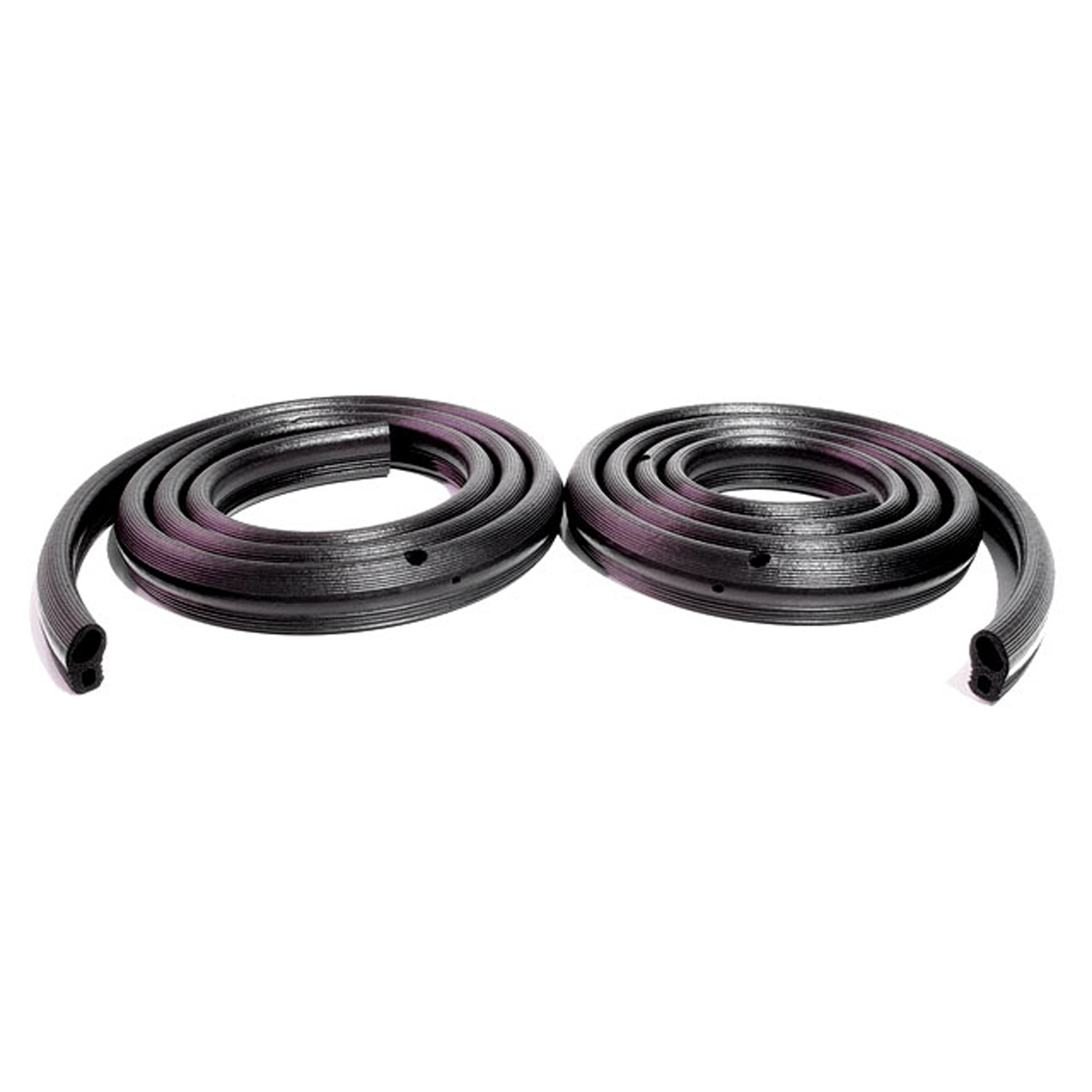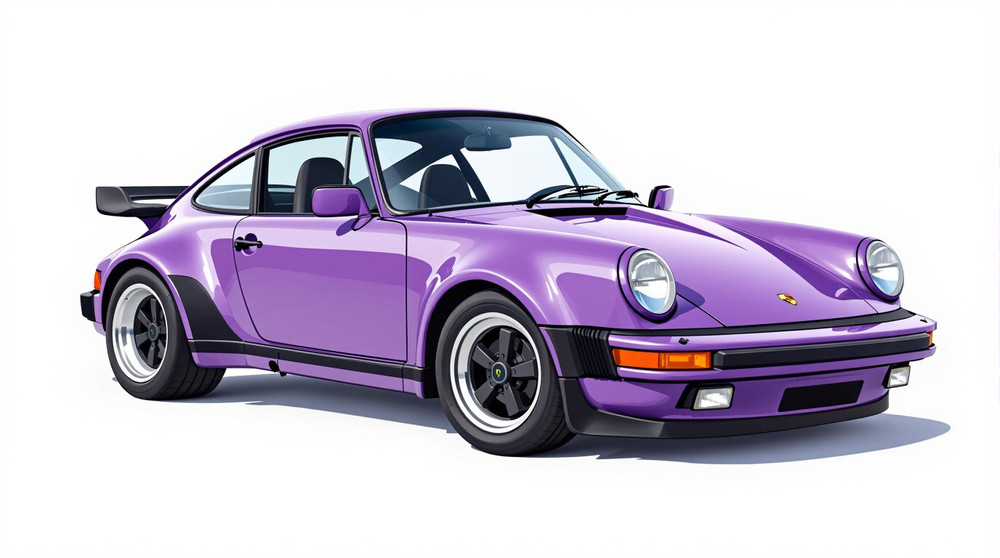Image of 1979 Porsche 930, Note: These illustrations use artistic license and may differ from actual historical models.
Performance Metrics
Fundamental Metrics
Emotional Appeal
MMP Rating
| Engine Specifications | |
|---|---|
| Engine: | Single Turbocharged and Intercooled Flat 6 |
| Displacement: | 3.3L (3299 cc) |
| Horsepower: | 261-300 hp |
| Torque: | 289 lb-ft |
| Compression Ratio: | 6.5:1 |
| Ignition System: | Electronic |
| Cooling System: | Air-cooled |
| Performance Specifications | |
| 0-60 Time: | 5.5 seconds |
| 1/4 Mile Time: | 13.6 seconds |
| Top Speed: | 155 mph |
| Transmission and Drive | |
| Drive Type: | Rear-wheel drive |
| Transmission Type: | 4-speed manual |
| Fuel and Efficiency | |
| Fuel System Type: | Fuel Injection |
| MPG: | 17 mpg combined |
| Dimensions and Brakes | |
| Brakes: | Disc brakes |
| Wheelbase: | 89.4 inches |
| Weight: | 2,866 lbs |
Note: Specifications for classic cars are given to the best of our ability, considering the limited and variant data available.
The Unyielding Allure of the 1979 Porsche 930
The 1979 Porsche 930 turbocharges into history as a remarkable feat of engineering and design. Born from the prestigious lineage of Porsche, a marque synonymous with performance and luxury, this vehicle is a testament to the brand's relentless pursuit of perfection. The 930, also known as the 911 Turbo, emerged during an era when environmental regulations threatened the very essence of high-performance cars. Yet, it defied the odds, setting benchmarks for speed and design that resonate to this day. A notable moment in its history was when the 930 became the fastest German production car of its time, cementing its place in automotive lore.
Design and Innovation
The exterior of the 1979 Porsche 930 is a harmonious blend of form and function. Its wide wheel arches and large rear spoiler, known as the 'whale tail,' were not just stylistic choices but aerodynamic solutions that became iconic. Inside, one would find a cabin crafted with an array of high-quality materials and a driver-focused layout that was ahead of its time. Technological features such as the turbocharger itself were groundbreaking, offering performance enhancements that were unparalleled. The color palette ranged from subtle to vibrant, with Guards Red and Silver Metallic being particularly popular among enthusiasts. While coupes dominated sales, the Targa body style with its distinctive removable roof section offered an open-air experience that was highly coveted.
Historical Significance
The Porsche 930's impact on automotive design is indelible. It introduced the concept of a luxury sports car that could be both a daily driver and a track-worthy competitor. Its use of turbocharging paved the way for future models and influenced an entire industry to explore forced induction as a means to combine power with efficiency.
Performance and Handling
Boasting a top speed of around 156 mph and capable of sprinting from 0-60 mph in under six seconds, the 1979 Porsche 930's performance was nothing short of exhilarating. Its handling characteristics were equally impressive; despite being known for its challenging rear-engine dynamics, it delivered an engaging driving experience that rewarded skilled drivers. The symphony from its flat-six engine was pure auditory bliss, while the tactile feedback through its steering and suspension connected the driver intimately with the road.
Ownership Experience
The Porsche 930 served various roles ranging from a status symbol parked in executive lots to a weekend warrior on racetracks. Maintenance required dedication due to its complex engineering, but reliability was commendable for those who adhered to service schedules. The ease of repair varied based on mechanical aptitude but was generally manageable for those familiar with Porsche's ethos.
Fun Facts
This particular model year saw some rare editions that are highly sought after today, including special paint options and limited-run trims. Celebrity ownerships further added to its allure, with names like Steve McQueen having been associated with earlier models in the lineage. Although criticized at times for its turbo lag and demanding handling, these traits have become endearing quirks to aficionados.
Collector's Information
Today, a well-preserved 1979 Porsche 930 can fetch anywhere from $70,000 to well over $200,000 depending on condition, provenance, and originality. With production numbers estimated in the thousands rather than tens or hundreds of thousands like many mass-produced cars, it maintains a degree of rarity that appeals to collectors. The market trend shows appreciation in value as more enthusiasts seek out these icons of automotive history.
Conclusion
The 1979 Porsche 930 stands as a monument to an era where ingenuity triumphed over limitation. It encapsulates a moment in time where speed and luxury coalesced into something truly special—a vehicle that continues to captivate enthusiasts and collectors alike. As we look back at this masterpiece of automotive craftsmanship, we're reminded that some legends only grow finer with age.
1979 Porsche 930 Catalog of Parts
 1979 Porsche 930 Molded door seals. For Coupes. Pair. R&L.-LM 911-CMolded door seals. For Coupes. Pair. R&L.
1979 Porsche 930 Molded door seals. For Coupes. Pair. R&L.-LM 911-CMolded door seals. For Coupes. Pair. R&L. 1979 Porsche 930 Molded door seals. Fits Targa/Cabriolet. Pair. R&L.-LM 911-TMolded door seals. Fits Targa/Cabriolet. Pair. R&L.
1979 Porsche 930 Molded door seals. Fits Targa/Cabriolet. Pair. R&L.-LM 911-TMolded door seals. Fits Targa/Cabriolet. Pair. R&L.Why Choose Metro?
For over 100 years, Metro Moulded Parts has been the pinnacle of quality in classic car restoration parts. Our commitment to precision and authenticity in every component ensures a perfect fit and an OEM-level appearance.
- Expert Craftsmanship & Quality: Each part is a testament to our dedication to reliability and perfection, crafted from original designs and thoroughly tested.
- Advanced Technology: We use cutting-edge techniques to create flawless, long-lasting parts that surpass others in performance.
- SuperSoft Sponge – The Ultimate Door Seal: Not only are our door seals 30% softer than competitors', but they're also guaranteed to never leak. They effectively reduce wind and road noise, enhancing your classic car's comfort and driving experience.
- Proudly American: Our parts are a product of American craftsmanship, made in the USA with a spirit of excellence and heritage.
- Unrivaled Warranty: We back our products with a 30-year industry-leading warranty, a testament to our confidence in their quality.
Join us in preserving the legacy of classic cars with parts that are crafted for perfection, not just made.

